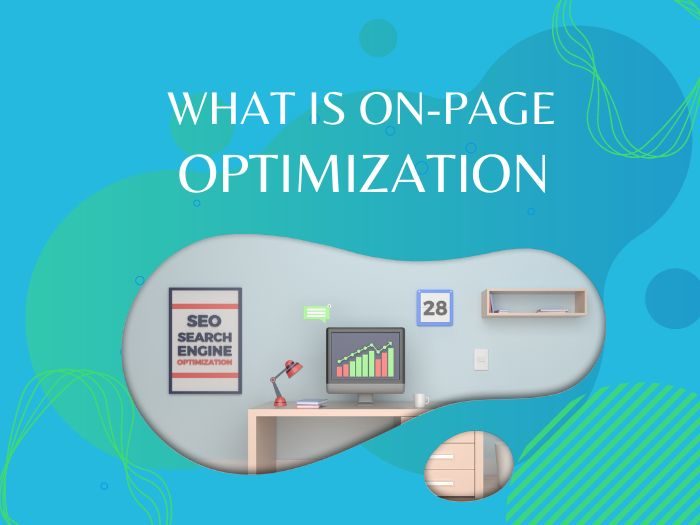On-page optimization refers to the practice of optimizing individual web pages in order to rank higher and earn more relevant traffic in search engines. This includes the optimization of content, HTML code, and other elements that affect the user experience and search engine ranking of a webpage. On-page optimization is important because it helps search engines understand the content of your website and determine its relevance to search queries.
One key aspect of on-page optimization is the use of relevant and targeted keywords. By including these keywords in your website’s content and HTML tags, you can signal to search engines what your website is about and improve its ranking for those keywords. Additionally, using relevant keywords in your titles, headings, and subheadings can help improve the readability and usability of your website for both users and search engines.
Another important aspect of on-page optimization is the use of meta tags, which provide information about a webpage to search engines. Meta tags include the title tag, which appears at the top of a browser window and is used to describe the content of the page, and the meta description, which appears in search engine results and is used to provide a summary of the page’s content.
On-page optimization is also important for improving the user experience of your website. This includes things like fast loading times, a clear and easy-to-navigate structure, and a mobile-friendly design. By making sure your website is user-friendly, you can improve the chances of visitors staying on your website and engaging with your content, which can ultimately lead to higher search rankings.
In summary, on-page optimization is the process of optimizing individual web pages in order to improve their ranking in search engines and provide a better user experience. By optimizing your website’s content, HTML code, and other elements, you can improve its visibility in search results and increase its relevance to users.

